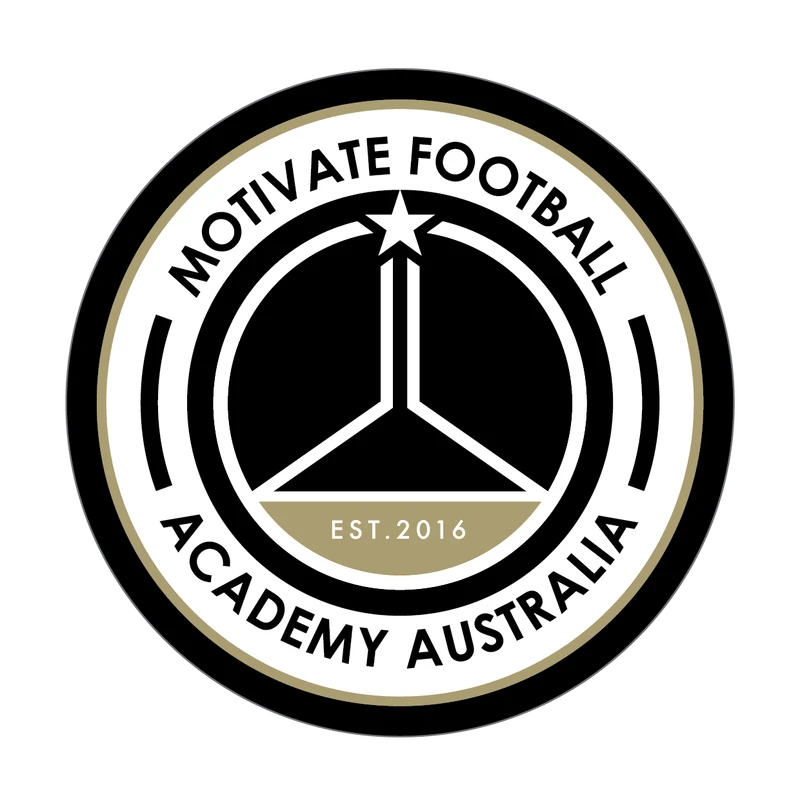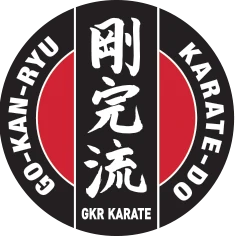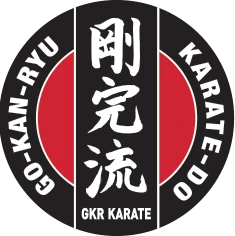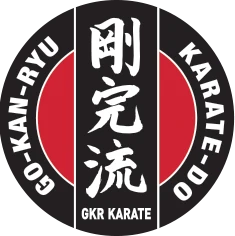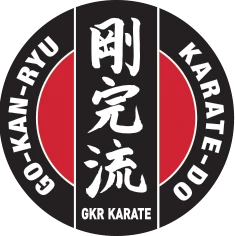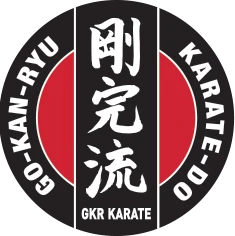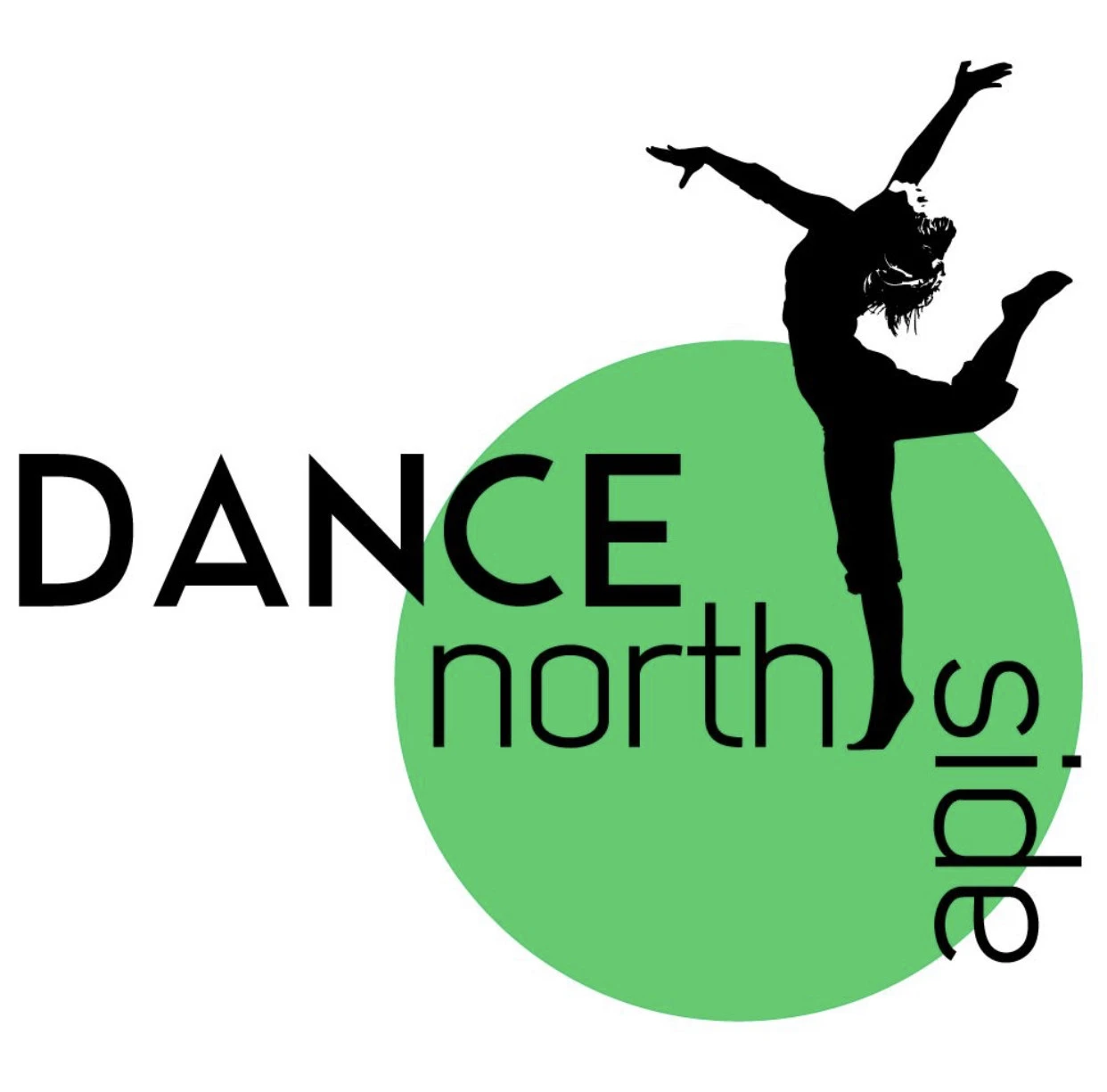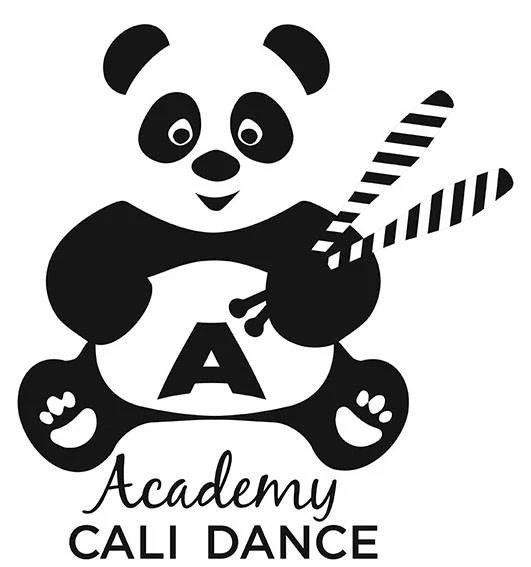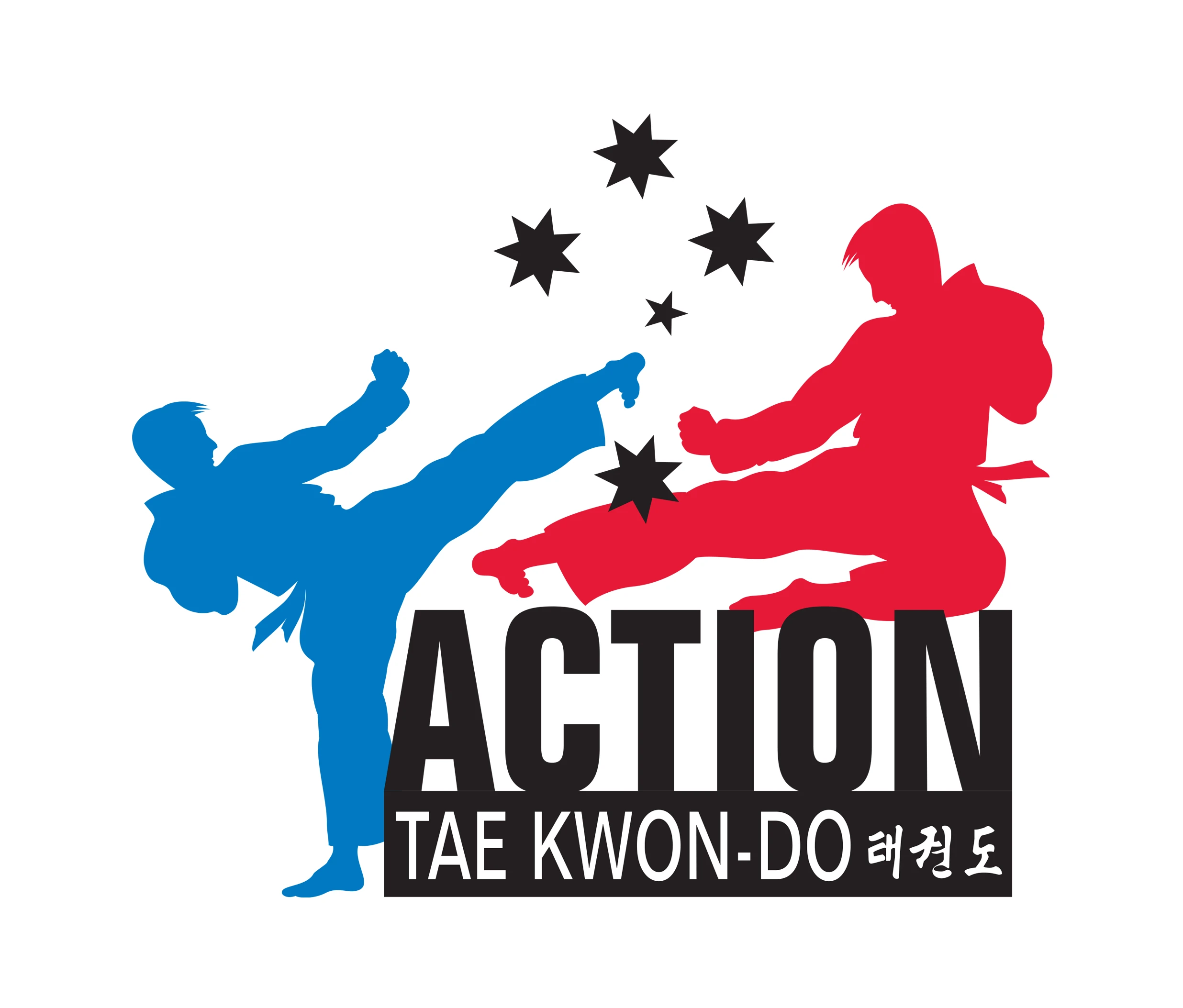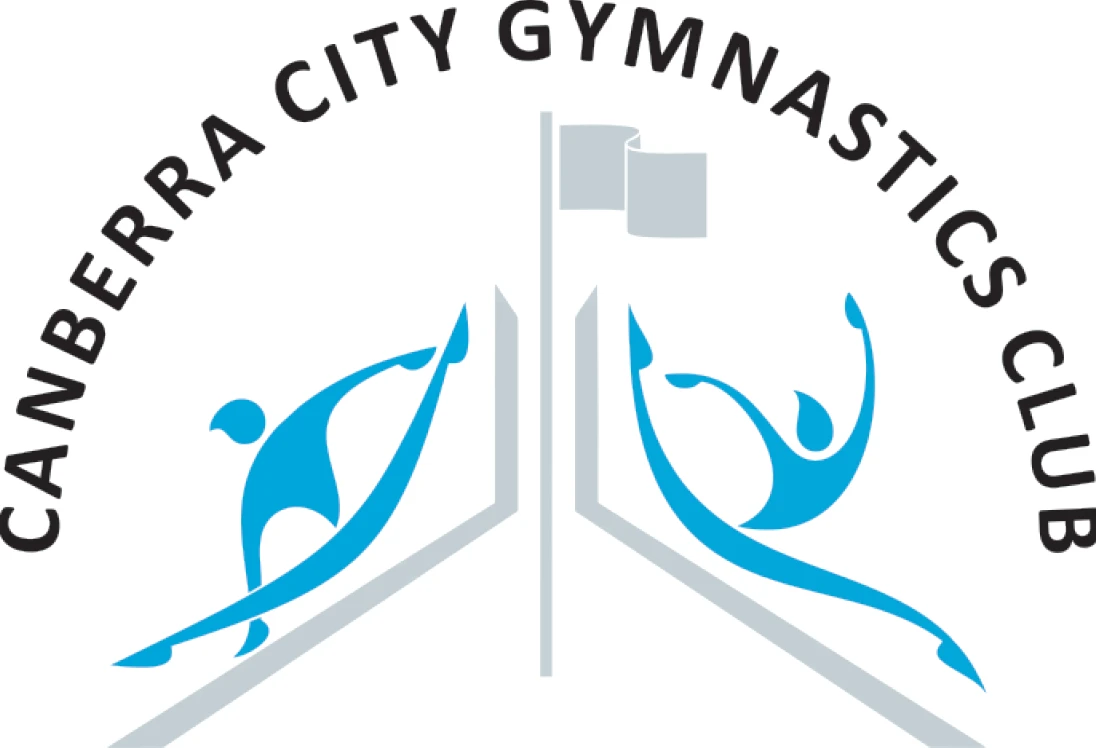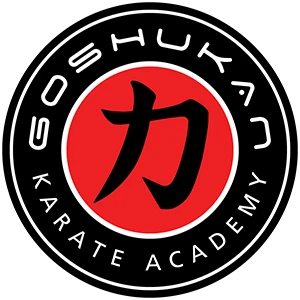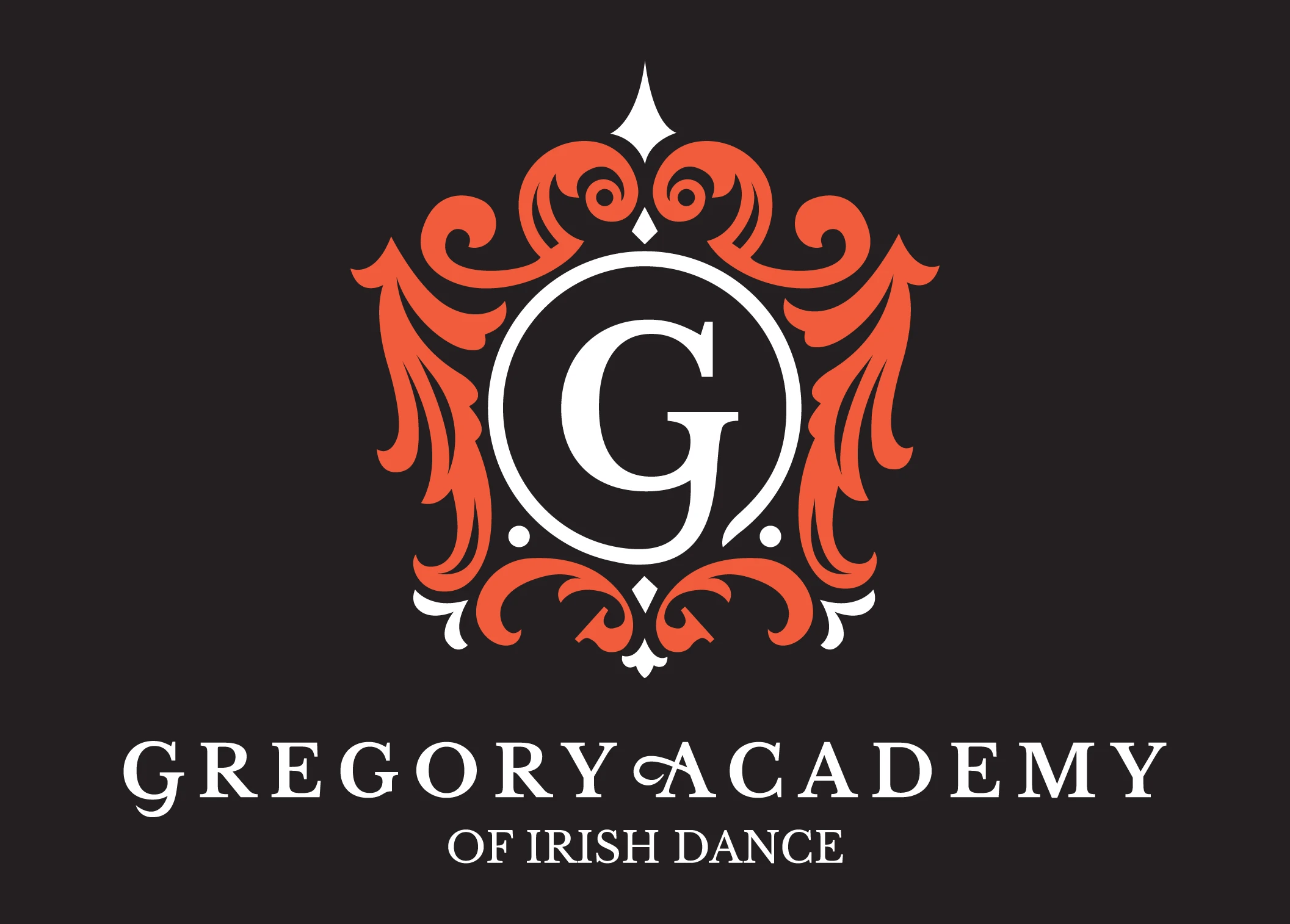- Bruce, ACT
- 5-10 km from Nicholls
- Business can travel to you
- Awards: #4 Most Popular in Australian Capital Territory for 2023
Math Classes & Lessons for Kids - Nicholls (2913)
the Gungahlin Region, Australian Capital Territory (ACT)
No exact matches found within 20km.
Other businesses in and around Nicholls (within 20km)
Motivate Football Academy Australia is about hard work, respect, commitment, attitude, character, motivation and the will to succeed. Our vision is to create a football academy that motivates, mentor players of any age, and teaches them if they work hard they can improve and become a better footballer. Our methodologies are focused on individual skills and building on the basics of dribbling, such as being comfortable and confident with the ball, as well as having no fear when taking on players.... Read more
50% off Joining Fee + FREE Uniform!
Validity: from 09 Oct 2024 to 09 Oct 2025
Take advantage of our special Kick-Start offer to receive 50% off the joining fee and a FREE uniform. Kids, Teens and Family classes available with discounts for families training together!
The Peter Morton Academy of Judo Jujitsu Karate has three basic influences: Kodokan Judo, Jujitsu and Kempo Karate. It is designed primarily as a self-defence art. The Academy teaches its students the art of restraint and this principle is reinforced during every lesson. This serves as a reminder to both student and teacher that skills gained through the Academy are not to be taken lightly and that they are to be used responsibly. With knowledge comes responsibility. People of all ages can participate... Read more
50% off Joining Fee + FREE Uniform!
Take advantage of our special Kick-Start offer to receive 50% off the joining fee and a FREE uniform. Kids, Teens and Family classes available with discounts for families training together!
50% off Joining Fee + FREE Uniform!
Take advantage of our special Kick-Start offer to receive 50% off the joining fee and a FREE uniform. Kids, Teens and Family classes available with discounts for families training together!
Aerial Sports is a training facility for aerial acrobatics in Canberra - offering classes in Aerial Silks, Lyra & Static Trapeze. The space is a dedicated aerial studio with plenty of height and multiple apparatus to play on and explore. We offer a variety of classes in aerial acrobatics plus handstands, tumbling, yoga, etc. We have classes for all ages from 3 - adult. If you've seen a Pink concert or Cirque de Soleil you have seen Aerial Acrobatics. In the past, there was not much opportunity... Read more
Archery Club The Sunday come and try sessions are on a first come first served basis, no bookings required, there are three sessions one runs from 9:00 until 10:30, one from 11:00 until 12:30 and one from 2:00 until 3:30. You need to arrive around 15-20 minuets before the start time to check in and get your equipment. We are located behind the hockey centre in Lyneham you go into the hockey centre entrance but go past there car park, you will come to a roundabout where you will turn right (there... Read more
50% off Joining Fee + FREE Uniform!
Take advantage of our special Kick-Start offer to receive 50% off the joining fee and a FREE uniform. Kids, Teens and Family classes available with discounts for families training together!
50% off Joining Fee + FREE Uniform!
Take advantage of our special Kick-Start offer to receive 50% off the joining fee and a FREE uniform. Kids, Teens and Family classes available with discounts for families training together!
- Kingsford Smith School, 100 Starke Street, Holt, ACT 2615
- 5-10 km from Nicholls
50% off Joining Fee + FREE Uniform!
Validity: from 04 Nov 2024 to 04 Nov 2025
Take advantage of our special Kick-Start offer to receive 50% off the joining fee and a FREE uniform. Kids, Teens and Family classes available with discounts for families training together!
A unique team sport providing opportunities for fitness, fun and friendship. Teams compete at Local, State and National level in all routines (costumes provided). Coaches have completed the Australian Government Department of Health's COVID-19 Infection Control Training & a COVID-19 Safety Plan is in place for all classes. When Wednesdays starting 22 July 2020 4pm - 4:45pm - under 8's 5pm - 6:15pm - under 13's 6:30pm - 8pm under 18's & Seniors (Masters classes also available) Where Hall... Read more
"Thank you Jo and all the teachers at GDANCE Academy for the kind, nurturing dance environment you have created. Our girls love every minute of their time with you, and my wife and I love seeing not only their dance technique develop, but more importantly to us, their confidence and self esteem as well. They've made great friends through GDANCE. That is thanks to the positive way you attack every aspect of your academy. Andrew Shannon, Amaroo Read more
Dance Northside is Canberras leading community focused recreational dance studio. We focus on providing quality, age appropriate non competitive and fun dance classes in a professional, nurturing and supportive environment. We promote positive body image and have a holistic approach to dance education. We run classes Monday - Saturday for ages 18 months - Adult in Ballet, Contemporary, Jazz, Hip Hop, Tap, Creative Movement and Much More! Read more
Academy Cali-Dance is a sport combining the strength and agility of gymnastics, grace and poise of ballet and the precision of figure marching and apparatus work. All items are costumed, choreographed, set to music and presented by our teams on stage at the three ACT competitions and one concert at the end of the year. All participants, regardless of their experience or ability, compete in the majority of items. Academy Cali dance has been in the Gungahlin area for over 20 years and was originally... Read more
Looking for something different to do in Canberra? The National Dinosaur Museum offers a trip into our prehistoric past like no other. With Australia’s largest permanent display of dinosaur fossils and models, guests of all ages will learn something new about these fascinating creatures and the world they inhabited. Through self-guided exploration, visitors are encouraged to delve into the long and unique prehistory of Australia through our interactive exhibits. Learn how dinosaurs throughout... Read more
Action Tae Kwon-Do, Australia's leading martial arts school providing the Canberra community with high quality Taekwondo training. Visit our HQ Gym in Mitchell or check out our multiple other locations around Canberra, Queanbeyan and Jerrabomberra for kids, teenagers and adults. Join today to unleash your potential. Classes we offer: - Tigers classes for 3-5yr olds on Saturday Mornings 9am in Mitchell or Kingston. - Children's classes for 5-12yr olds all over the North and South Sides... Read more
Want to develop your musical creativity by learning violin, viola or cello while having loads of fun along the way? Then give me a call and together we can arrange a musical program to help meet your personal goals. Music is for the young and old alike, so if you are interested lets give it a try. It doesn’t matter whether you want to learn music for pure enjoyment, as a valuable life skill or just for the sheer challenge of doing something creative and different. I can tailor a training course... Read more
- Radford College, 1 College Street, Bruce, Bruce, ACT 2617
- 5-10 km from Nicholls
50% off Joining Fee + FREE Uniform!
Take advantage of our special Kick-Start offer to receive 50% off the joining fee and a FREE uniform. Kids, Teens and Family classes available with discounts for families training together!
The Korean Martial Arts Academy (KMAA) has been operating in Belconnen, since 2003 as one of Canberra's leading Martial Arts Academies. KMAA provides a full-time, air-conditioned and professional facility. KMAA primarily teaches Taekwondo while incorporating a diverse variety of techniques, including, fitness drills, kicking and striking, sparring, self-defense, break falling, rolling and basic weaponry. Our quality Instructing Team provide energetic classes offering a range of different Martial... Read more
The Korean Martial Arts Academy, one of Canberra's leading martial arts schools, offers engaging, energetic and innovative Taekwondo classes for all ages. KMAA operates its martial arts classes in a full-time, air-conditioned and well-appointed facility in central Belconnen, Canberra. Our martial arts classes for children are designed to promote respect, self-discipline, motor skills, focus and confidence. Students in these classes take part in a variety of activities including kicking and... Read more
Canberra City Gymnastics Club is one of the oldest and most prominent gymnastics clubs in Canberra. Running since 1978 CCGC has established itself as one of the leading clubs in the Australian gymnastics community. Now with two great venues in Belconnen and Lyneham operating and running classes for both boys and girls from 18 months to adults we have something available for everyone of all ages and abilities. Give us a call or send us an email to find out more about our programs and book in for a... Read more
We are Canberra's only dedicated commercial slotcar raceway with an 8 lane, 2 x 6 lane and a 4 lane tracks to ensure your racing skills will be tested. All with computer lap timing accurate to .001 of a second. Race your friends or race the clock. Old school entertainment for the whole family from 5-105 years, bring out your inner child. We are the largest retailer of slotcars and spare parts in the region from over 20 manufacturers including Scalextric, SCX, Ninco, Slot it, NSR, Carrera, Parma,... Read more
Singing and music from ages 0-adult. Includes Be Harmonious Babes and Songful Schoolies program. Read more
Get 4 Classes + FREE Karate Uniform for $39.95
Validity: from 14 Feb 2023 to 14 Feb 2123
Give your child the gift of confidence! We have a special introductory offer to give your child a start in our karate classes without committing to anything long-term. Beginner students are welcome to come and try a class for FREE and decide to continue with our '4 Class Intro Offer', whereby for only $39.95, a student gets to try four of our classes, plus they get a free karate uniform. There's no obligation to join after the trial offer. Come and meet Sensei Ben, check out our classes, and take advantage of our trial offer to see how your child responds. You will see a difference in their focus, listening and attention skills within just a few lessons.
The Gregory Academy Of Irish Dance is Canberra's Northside Irish dance school established in 1983. Irish dancing classes are taught in Belconnen and Civic and are available for all ages (2.5+) and for all skill levels - from beginners to open championship. Our dance classes cater for fun and fitness, performance and competition, solo and team dancing in a friendly, caring, family orientated and safe environment. Our dance Academy has state and national titles in both solo and team dancing,... Read more
